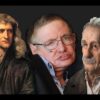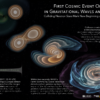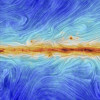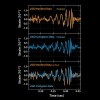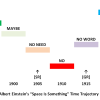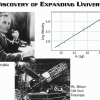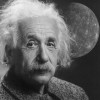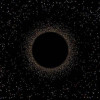Stephen Hawking’s final paper was published this week. Like his last book, The Grand Design, it is about how the universe began. In 1979, he became the seventeenth Lucasian Professor of Mathematics at Cambridge University. His modest aim was to understand the universe, the whole thing, from beginning to end. He missed his mark by […]
Stephen Hawking’s big ambition and the secret sauce that kept it just beyond his reach
